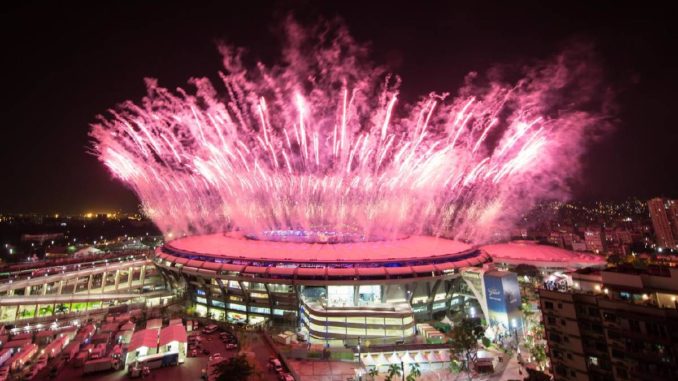
Director Fernando Mereilles and his team delivered a sobering call to address global warming and deforestation cloaked in a stirring multicultural celebration of tolerance.
The 31st Olympiad kicked off under such a cloud of controversy and anxiety that it threatened to overshadow the festivities. Terrorism has the world on edge; the Zika virus prompted numerous international competitors and commentators to bow out; the Russian doping scandal seriously depleted the numbers of one of the Games’ traditional heavyweights; an outbreak of crime in host city Rio de Janeiro and the risks of swimming in polluted waters set off alarm bells; and political scandal — with a former president embroiled in a corruption case and a successor in the midst of an impeachment trial — has elevated an unpopular interim leader. Happy times.
Add to that a country in the midst of its worst economic recession since the 1930s and a city in which sun-drenched luxury exists side by side with extreme poverty. It was a given that director Fernando Mereilles, whose 2002 breakthrough film City of God was a visceral portrait of life in the crime-plagued Rio slums, was never going to ignore that reality. But the opening ceremony at Maracana Stadium married solemn social commentary with joyous spectacle, combining a stripped-down national history with a determinedly hopeful acknowledgment of the challenges of the future — facing not only Brazil but the planet as a whole.
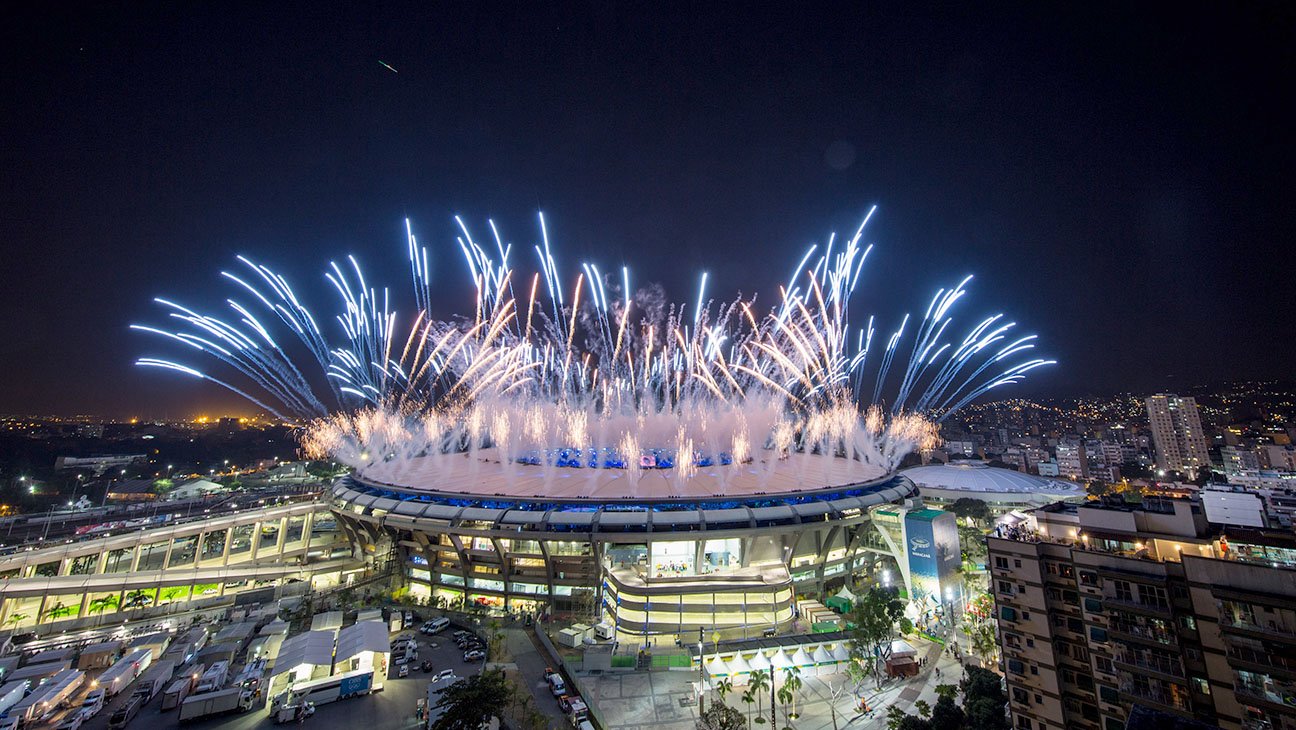
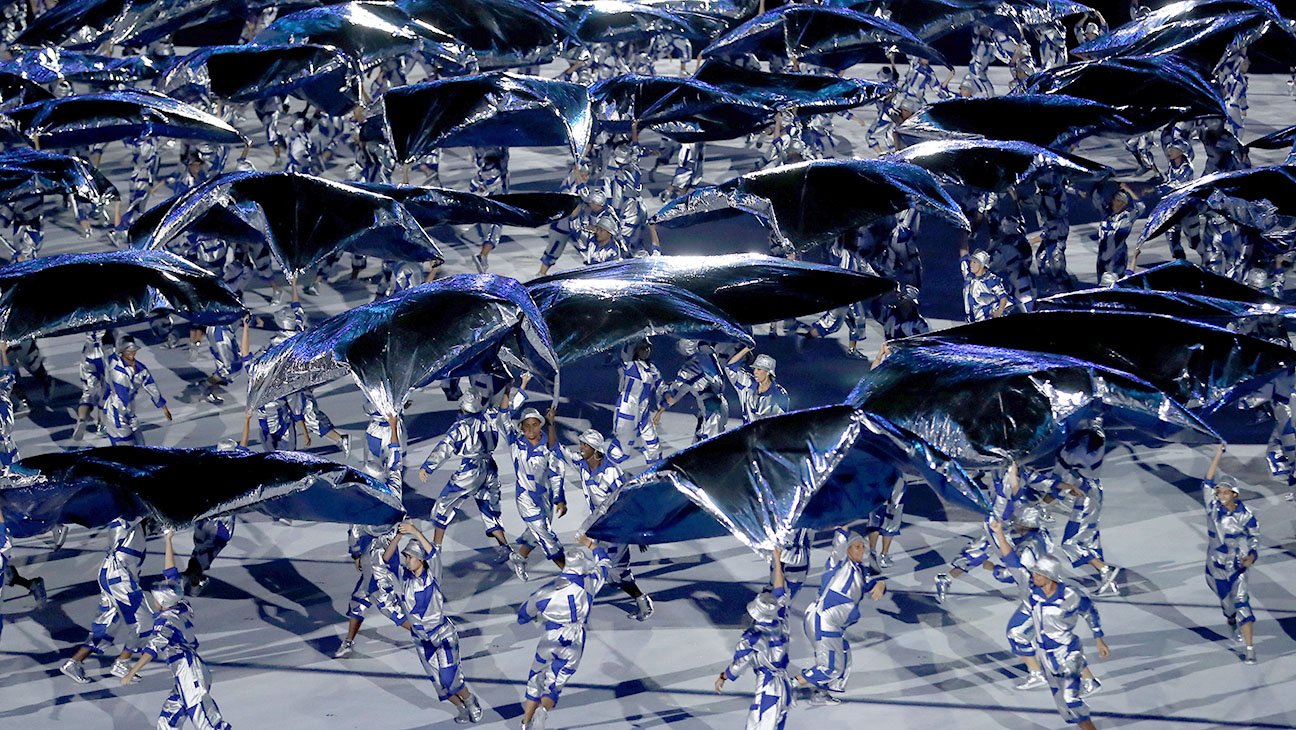
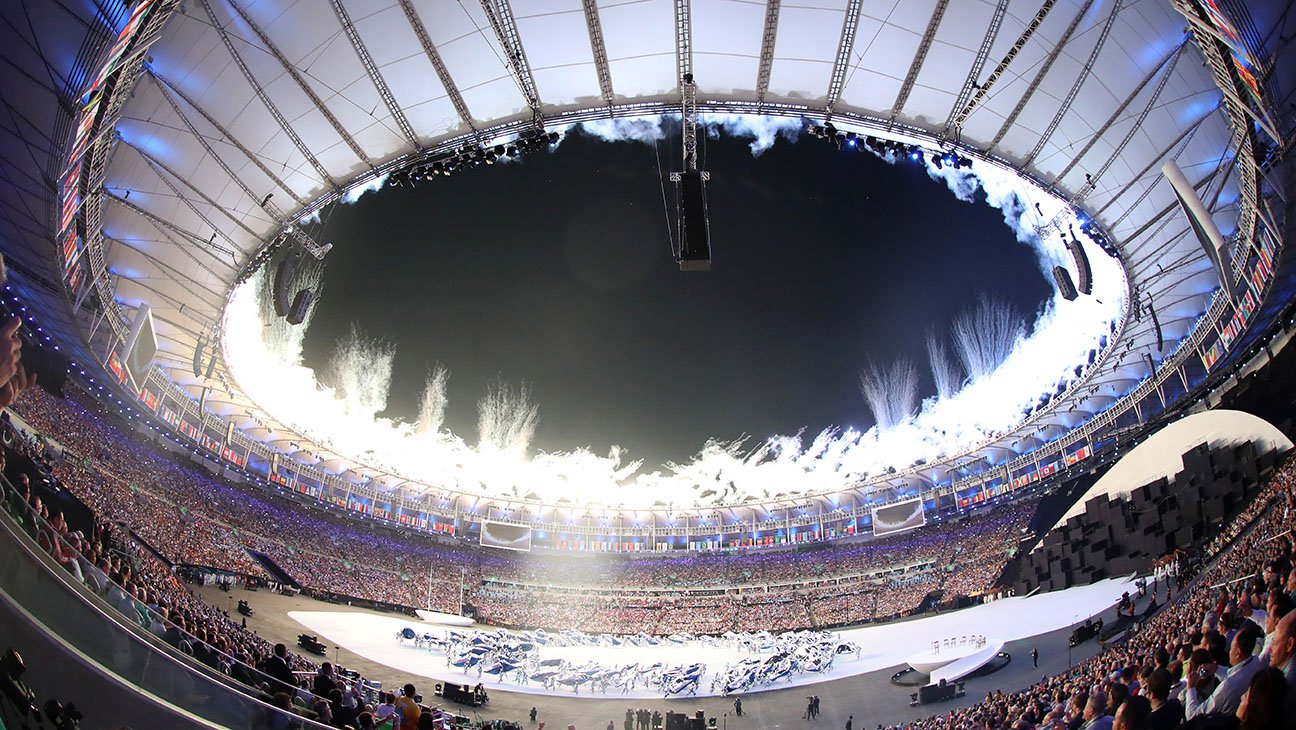
Mereilles made it known in advance that the Rio opener would be a radical departure from recent Summer Olympics. Zhang Yimou delivered synchronized pageantry on a grandiose scale in Beijing, while Danny Boyle infused dazzling stagecraft with eccentric British humor in London. But in deference to this being the first Olympiad held in South America, Mereilles promised a show assembled for just a fraction of London’s $42 million price tag. That meant an emphasis on low-tech performance, physical theater and emissions-conscious pyrotechnics. The result was a refreshingly analogue opening defined by its rich humanity, exuberant warmth and its spirit of indefatigable resilience.
Sure, there were brief flashes of sleek celebrity glamour, such as Brazilian supermodel Gisele Bundchen looking “tall and tan and young and lovely” as she strode onto the pitch while the crowd sang along to “The Girl From Ipanema.” But from the breathtaking aerial shots of Brazilian beaches, cities and forests that served as a prologue, elegantly intercut with sports images, to the propulsive samba beat that made the marathon Parade of Nations into an exhilarating global party, this was a love letter from the host country to its people and to the 205 nations being welcomed to its shores.
The key word was gambiarra, a local term that means improvising something special out of difficult circumstances, of doing more with less. The Rio opener was an emotionally impactful demonstration of that feat, its spirit more akin to the infectious triumph and shared pleasure that usually accompany Olympics closing ceremonies. Youthful energy, optimism and inclusiveness banished cynicism, corruption and anxiety, and in these divisive times, it was a beautiful thing to witness.
Dancers clad in metallic capes conducted a countdown to the strains of a gentle bossa nova beat as Brazil’s prehistory unfolded, with sea creatures crawling onto land that turned into forest. In a sequence titled Pindorama: The Birth of Life, a sinuous human canvas erupted, with 72 indigenous dancers weaving giant ocas, or native huts, out of veils of corded fabric.
Next came the European settlers on boats, followed by the arrival of African slaves, their wheels and sticks representing plows, and the weights on their feet evoking shackles. Roads divided the jungle as natural paradise made way for agriculture and urban development. And in a nation with 305 different ethnic groups, waves of immigration were acknowledged, from Syrians and Lebanese carrying suitcases on their heads to red-robed Japanese carving a tidy trail of sand gardens in their wake. The attention to detail was incredible.
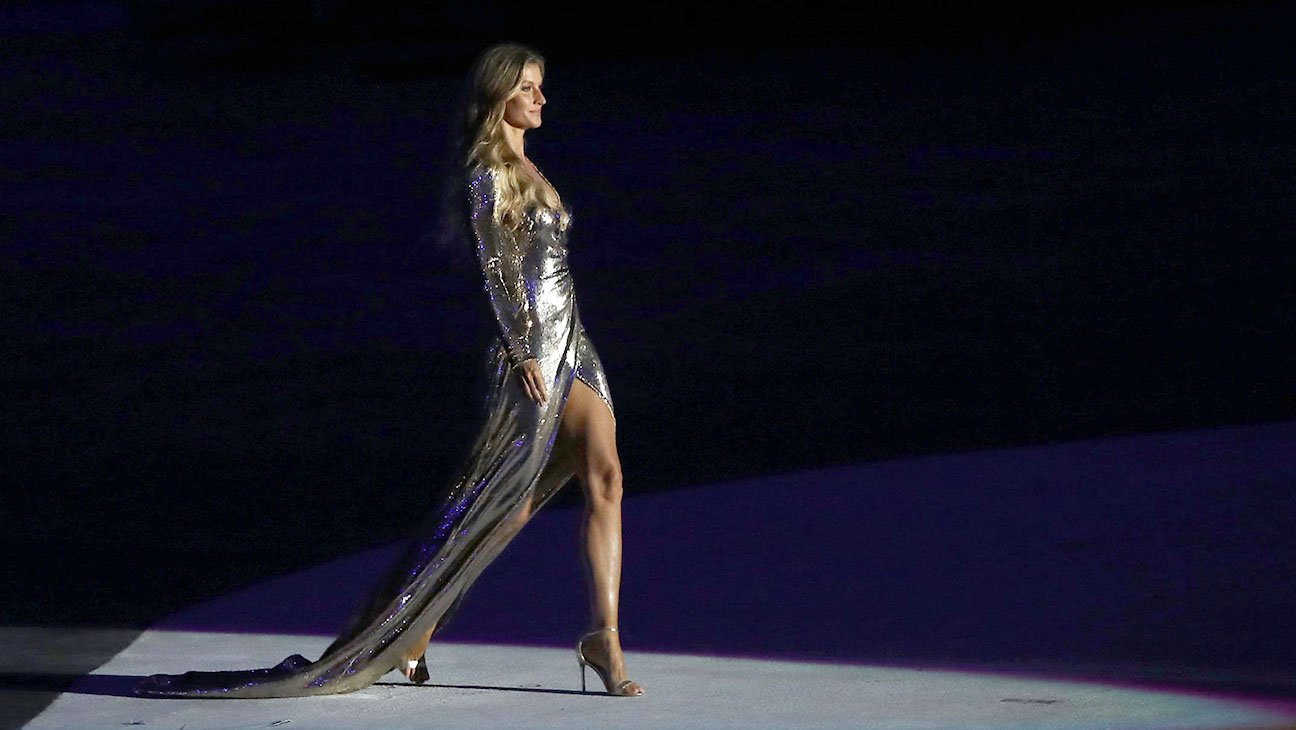
While digital technology was used in moderation, it was most effective in conjuring the growth of cities that sprouted as parkour athletes bounded over simulated rooftops and scaled walls. In one of the more perplexing elements, they then plucked large white boxes from the buildings, passing them down to the ground in what appeared oddly to be a tribute to breaking and entering. But that image then yielded a wonderful salute to pioneering aviator Alberto Santos-Dumont, regarded by Brazilians as the father of the manned flight, with a very pretty glide through the night skies above Rio.
If a mild criticism can be lobbed at one key component, the jump through the country’s rich musical history felt somewhat abrupt, leaping from Antonio Carlos Jobim to a fairly generic mishmash of electronica and hip-hop. However, the tendency to favor lighting wizardry over digital projections was especially impressive here as a multi-culti dance party broke out to “Pais Tropical.”
In arguably the boldest stroke of the night, at a time when half the world remains in obtuse denial about the grim toll of climate change, the ceremony then introduced a powerful filmed segment on global warming. Judi Dench and Fernanda Montenegro read a poem by Carlos Drummond de Andrade that addressed the natural environment; the sequence allowed Brazil to acknowledge its own role in raping the planet while at the same time sending out an urgent call for sustainable living and reforestation. The political theme then continued with a plea to the world to seek out our similarities and celebrate our differences.
That note then ushered in one of the Rio opener’s most unexpected triumphs. The Parade of Nations is often one of the more ho-hum parts of the Olympics kickoff, an endurance test that provides windows for coffee or cocktail breaks — depending on what part of the world you’re in — while armies of athletes file into the arena shooting selfie videos. However, this time that procession became a living hymn to global harmony.
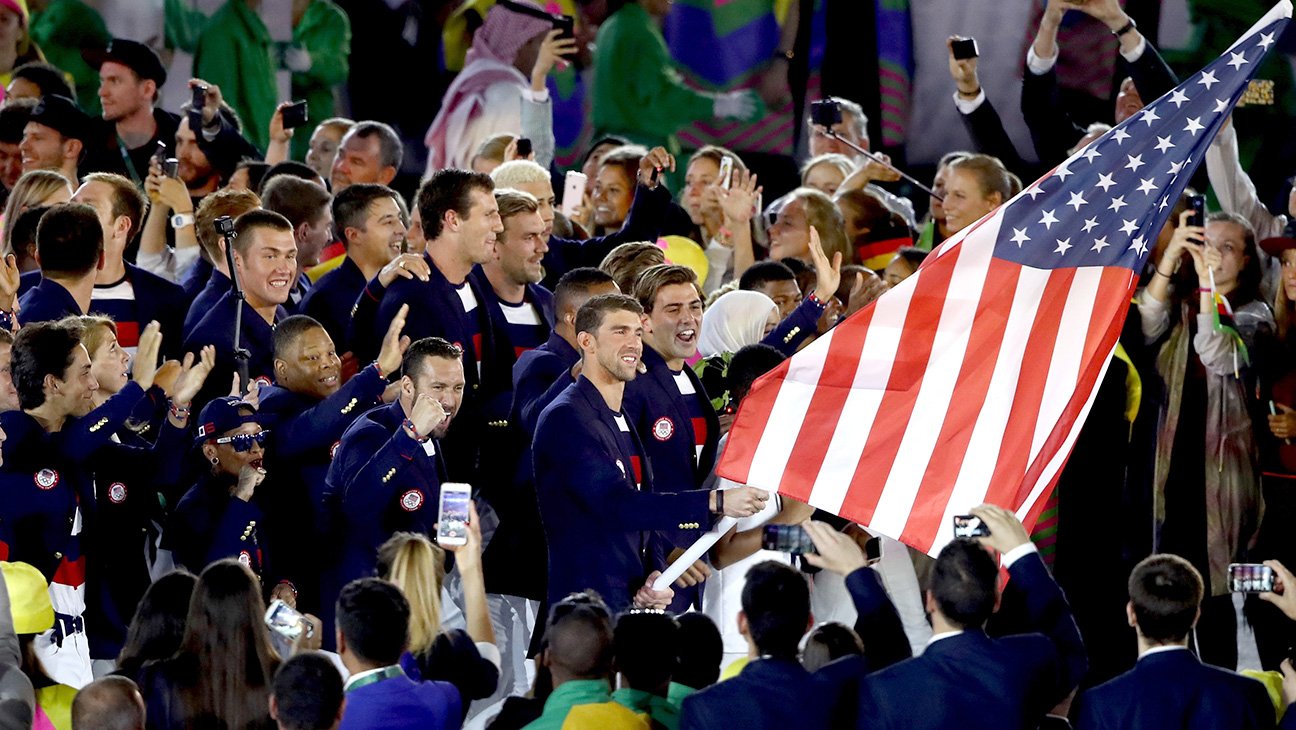
Each national team was preceded by a colorful tricycle laden with pot plants, watering cans and such, manned by male and female riders of such stunning beauty and mega-watt smiles that they could populate their own modeling agency. The flag-bearer for each team was flanked by a child, a number of them in wheelchairs, bearing a young plant, its new foliage swaying to the infectious samba rhythms that underscored the parade. The athletes were followed by groups of percussionists in vibrant colors.
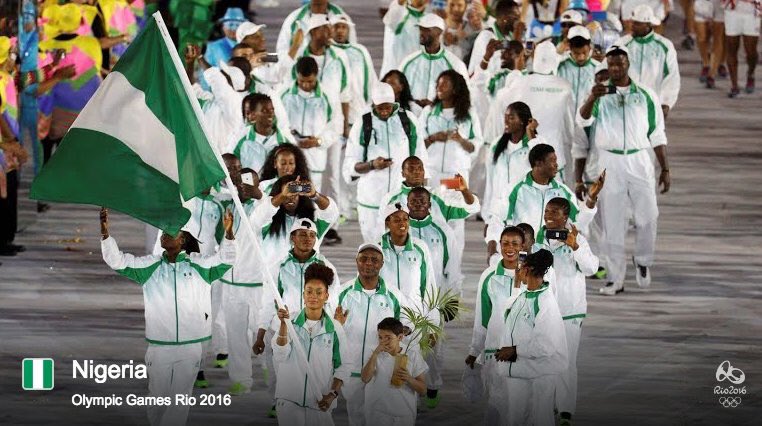
Even if there were inevitable distractions — such as the ugliness of the Swedish uniforms, or the heavy dousing of body oil on the Tonga team leader, making him an instant viral sensation on gay chat sites — the overall effect was one of sheer uncontainable jubilation that recognized no national boundaries. Aside from the home team, who shimmied out to the sound of — what else? — the 1943 Xavier Cugat hit “Brazil,” the biggest cheer and warmest standing ovation went to the refugee team of ten athletes driven from their homelands. As a reflection of our brutally divided contemporary world, the moment spoke profoundly moving volumes.
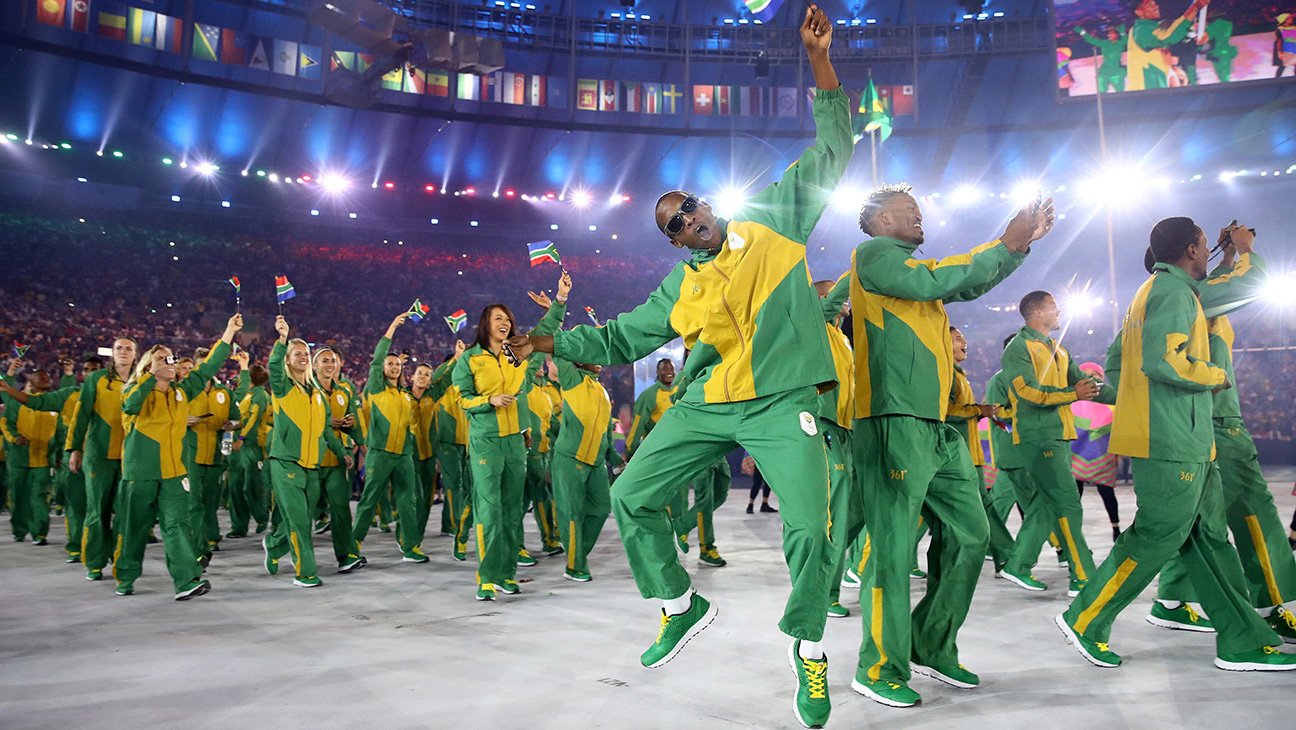
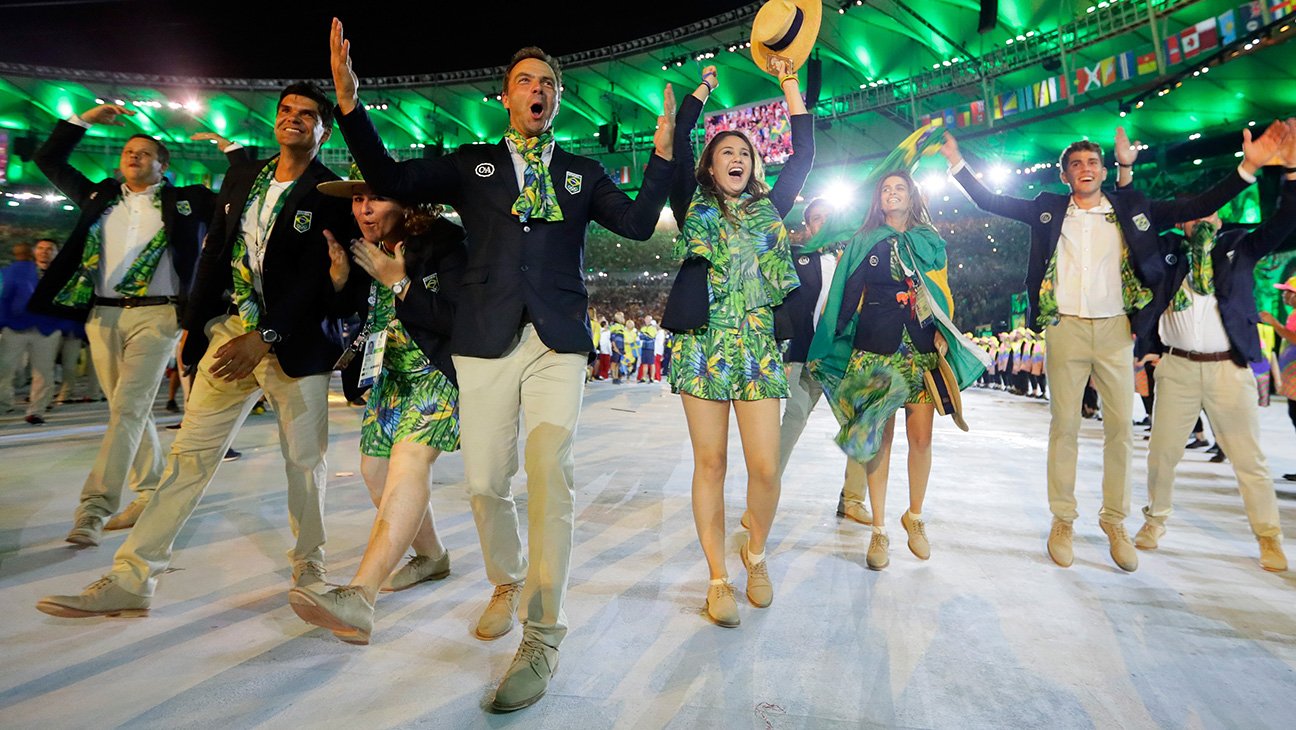
All this unfolded against a stylized backdrop depicting the Rio favelas, its jumble of dwelling upon dwelling providing platforms for dancers and musicians as well as screens for kaleidoscopic projections of changing colors and radiant faces. By acknowledging the poverty that is an undeniable part of the city’s social fabric, Mereilles made this an opening for the entire population, rich and poor. The seductive voices of contemporary singing star Anitta flanked by beloved veterans Gilberto Gil and Caetano Veloso also helped it span the generations.
The reforestation theme continued as the national teams reached the center of the field, each athlete planting an individual seed in large metal towers. Those structures were then spun by dancers, reflecting the crowd in their mirrored sides before forming into the iconic Olympic ring symbol and then bursting into verdant life. Just gorgeous. Those seeds will eventually be replanted to create “The Athletes’ Forest.”
The inevitable fireworks followed, but the emotional surge behind those sparks was something quite unlike other Olympics ceremonies, carried through to the lighting of the cauldron, which ascended to mobilize a stunning rotating gold helix. As the cameras pulled back to take in the fireworks from the elevated vantage point of the city’s famous Christ the Redeemer statue, it was impossible not to conclude that Brazil, at least for tonight, had erased the world’s woes. Now what are they going to do as a closing act?

Leave a Reply